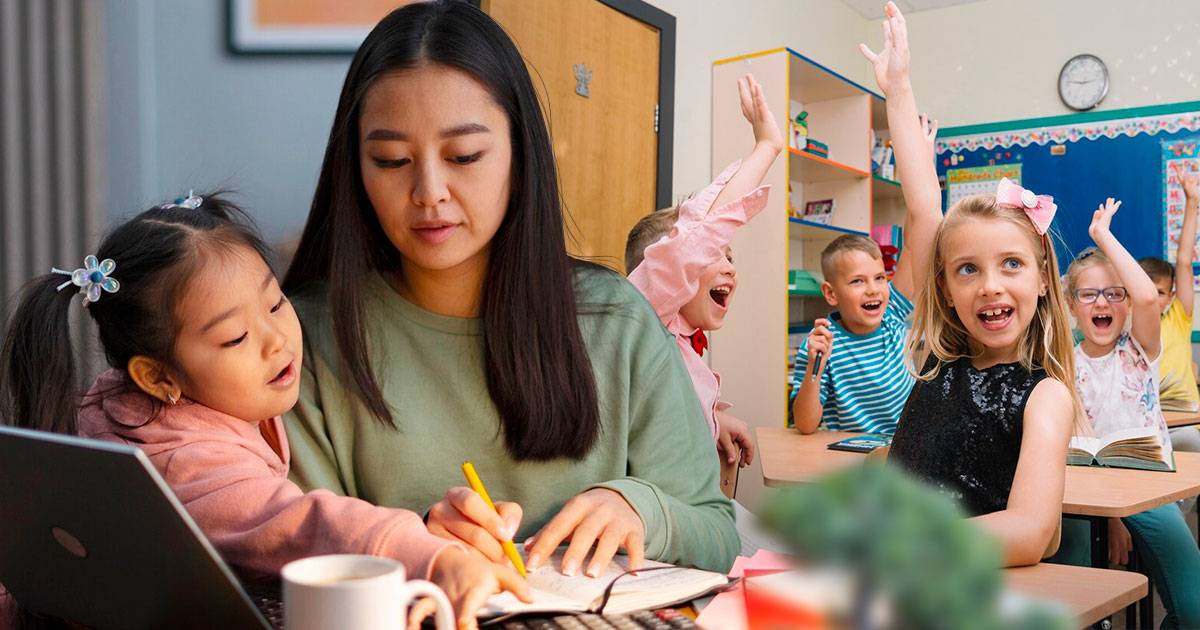Homeschool vs. Private School: Which is the Best Choice for Your Kids?

Selecting the right education for your child is a crucial decision with significant implications for their future personal and professional achievements. The comparison of a homeschool vs. a private school is particularly intriguing due to the financial investment involved in both options. It’s noteworthy that homeschooling can incur higher costs than private schooling, as it often necessitates a parent to forego employment.
Several factors, including the value attributed to education, the cultivation of social skills, and future prospects such as college admissions and career opportunities, are commonly considered by parents.
Outlined below are the primary advantages and disadvantages of homeschooling vs. a private school, offering valuable insights to aid in determining the most suitable educational path for your child.
Homeschool or Private School?
To make an informed decision regarding your child’s education, we’ll give you some pros and cons of a home school vs. a private school. Check them below:
Homeschooling
Homeschooling entails parents directing their children’s education within the home environment. Families opt for homeschooling for various reasons, with flexibility being a primary factor. This approach grants parents the liberty to select their curriculum, tailor the school timetable to suit their family’s requirements, and facilitate learning outside traditional settings, making it particularly appealing to young artists and actors.
Benefits:
- Individualized tutoring offers a more effective learning environment compared to the conventional method of one teacher instructing several students with varying levels of learning capabilities. This personalized approach enables the adaptation of course content and teaching speed to suit the specific requirements of each learner.
- During home-schooling, time is utilized more effectively, allowing for increased productivity as there is no need for commuting to school or queuing in the cafeteria.
- As a result of reduced time waste, children have the opportunity to engage in extracurricular activities such as sports or honing additional skills and talents.
- Homeschooling enables parents to spend more quality time with their children in a comfortable and supportive setting.
- The quality of education is enhanced as parents are deeply involved in their children’s progress and can contribute to their character development.
- Home-educated youngsters can transition smoothly to college life since they are already accustomed to studying autonomously and organizing their own time.
Limitations:
- Homeschooling can be tough for parents because it takes a lot of time and planning, especially when they already have family and job duties.
- Even though it saves money compared to private school, it can be hard financially if parents can’t work enough to pay for everything.
- Kids might feel tired of being at home all day and miss out on making friends like they would at school.
- Learning at home might not be as fast as learning in a classroom with other kids, and it needs kids to be good at managing their time.
- Because parents are close to their kids, they might find it hard to make rules and stick to them, which can make things stressful.
Private School
A private school operates independently of the government and may be managed by a private organization, religious institution, or trust. In some regions, they are referred to as independent schools. For instance, in Britain, privately owned schools are considered private, while those overseen by a trust or foundation are termed independent. Since private schools typically rely on private funding, they often have a board of governors independent of government influence and maintain governance systems to preserve their autonomy over time.
Benefits:
- Private schools often have abundant resources and prioritize investing in the latest technology to keep students updated on their learning.
- Additionally, the teacher-to-student ratio is typically low in private schools because of smaller class sizes. This means students receive more individual attention, fostering confidence in smaller groups.
- Parental involvement is usually higher in private school settings.
- Moreover, private schools prioritize discipline and commonly implement strict codes of conduct, including zero-tolerance policies for behaviors like stealing, cheating, or substance use.
- Private schools also have the flexibility to design their own curriculum, tailoring it to the latest trends and the needs of their students.
- Since parents pay tuition fees, they often have more influence over the school’s operations, including curriculum content and the overall welfare of their child.
Limitations:
- Private school students often come from similar backgrounds, like education or religion, which limits exposure to diverse cultures and experiences.
- Private school education is typically expensive, which can strain college funds or the ability to provide a higher standard of living for your child.
- Many private schools don’t offer transportation, so parents must arrange drop-off and pick-up, potentially disrupting their work schedule.
- Teachers at private schools may not need as high qualifications as those in public schools due to less government oversight in this area.
- Children attending private boarding schools may miss out on family life and the supportive environment of growing up at home.
Homeschool vs. Private School: which offers exceptional education?
Whether you opt for the flexibility and personalized attention of homeschooling or the abundant resources and structured environment of a private school, the decision should align with your child’s individual needs, values, and long-term goals.
Ultimately, as a parent, your role in shaping your child’s educational journey is paramount. Thoroughly evaluating the factors outlined above and considering your child’s unique characteristics and aspirations is imperative. You can make an informed decision that sets them on the path to success.
Choose wisely, keeping your child’s best interests at heart, and embark on a journey of learning and growth that will shape their future achievements and happiness.
